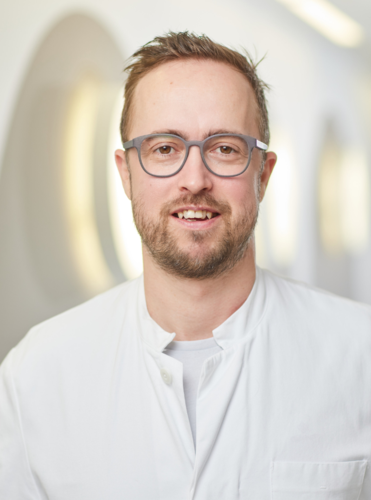BREATH is successful in the first invitation to tender from the German Centers for Health Research (DZG) Innovation Fund
The six German Centers for Health Research (DZG) were established by the German government to promote research on the common diseases of diabetes, neurodegenerative diseases, cancer, cardiovascular diseases, infectious and pulmonary diseases. The DZG Innovation Fund (DZGIF) was started in order to further strengthen the interdisciplinary networks amongst the individual centers. A project team made up of 5 of the 6 DZG centers was able to secure funding in the first call for submissions on microbiomes with the project ‚Cell type-specific targeting for future in vivo delivery in cell and gene therapy‘. Representing the DZL are Prof. Dr. Nico Lachmann from the BREATH site and Prof. Dr. Soni Savai Pullamsetti from the UGMLC site.
Nico Lachmann has been carrying out research for a number of years with his team at the Clinic for Pediatric Pneumology, Allergology and Neonatology at Hannover Medical School on the use of altered macrophages as a therapeutic approach. „Macrophages, or scavenger cells, play a key role in the development and progression of various diseases and are therefore particularly exciting for the development of therapies“, says Lachmann. Macrophages are cells of the congenital immune system and play an important role in the development of infections, pulmonary diseases, solid tumors and other disorders. In their project, the scientists wish to develop cell-specific targeting strategies for macrophages, which can be used by other researchers and adapted specifically to a particular disease. The aim is to evaluate novel transport systems and later to change the scavenger cells into various components of the organism. With the help of induced pluripotent stem cells (iPSCs), human macrophages are bred and transfected with various lipid nanoparticles (LNP). The altered macrophages produced in this way should transport active substances specifically to certain regions of the organism, which then alter the function of the existing macrophages. For the greatest possible effectiveness, Prof. Lachmann’s team is thus examining the transfection efficiency of various types of scavenger cells and lipid particles.
The so-called lipid nanoparticle (LNP) technology, which Prof. Lachmann and his working group are using for the project, is also currently being used in the mRNA-based vaccines against the Coronavirus. „We can see great potential in this approach and hope that we can thus lay the foundation for the therapy of various diseases. We can all profit from this interdisciplinary project“, says Lachmann, who is extremely pleased about the support from the DZG Innovation Fund.
Text: BREATH/AB
Photo: Tom Figiel

Prof. Dr. Nico Lachmann